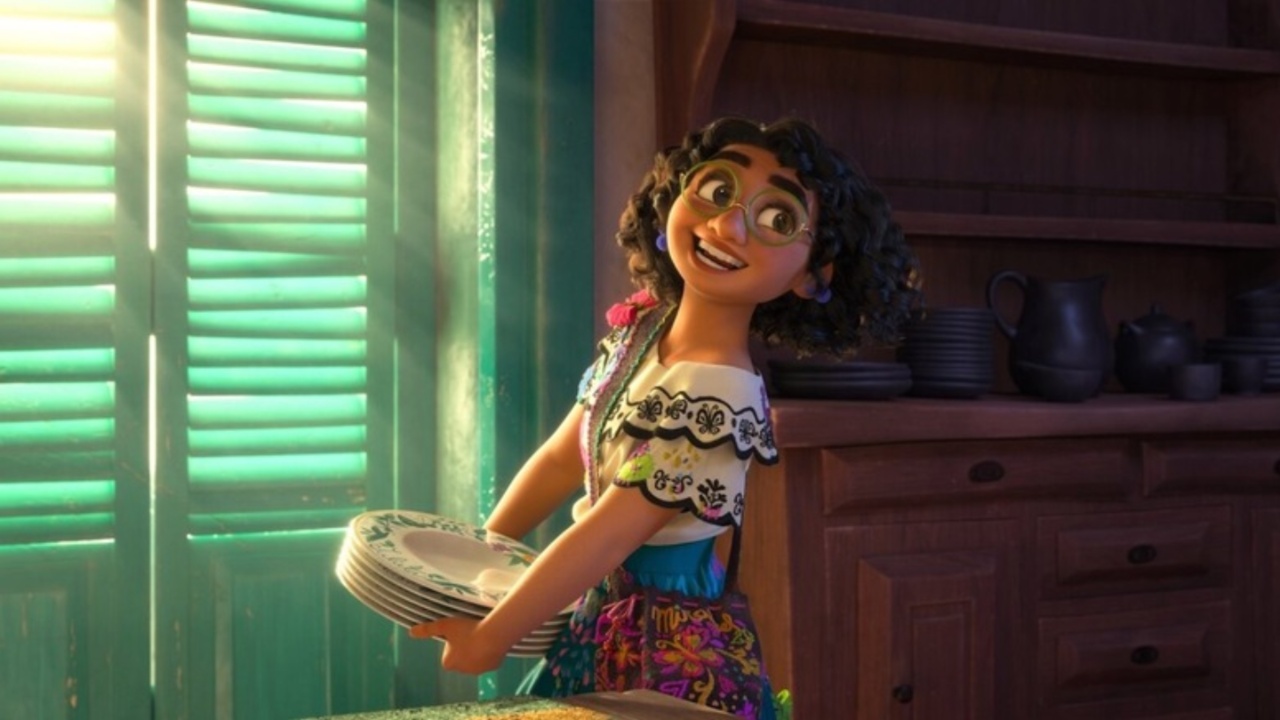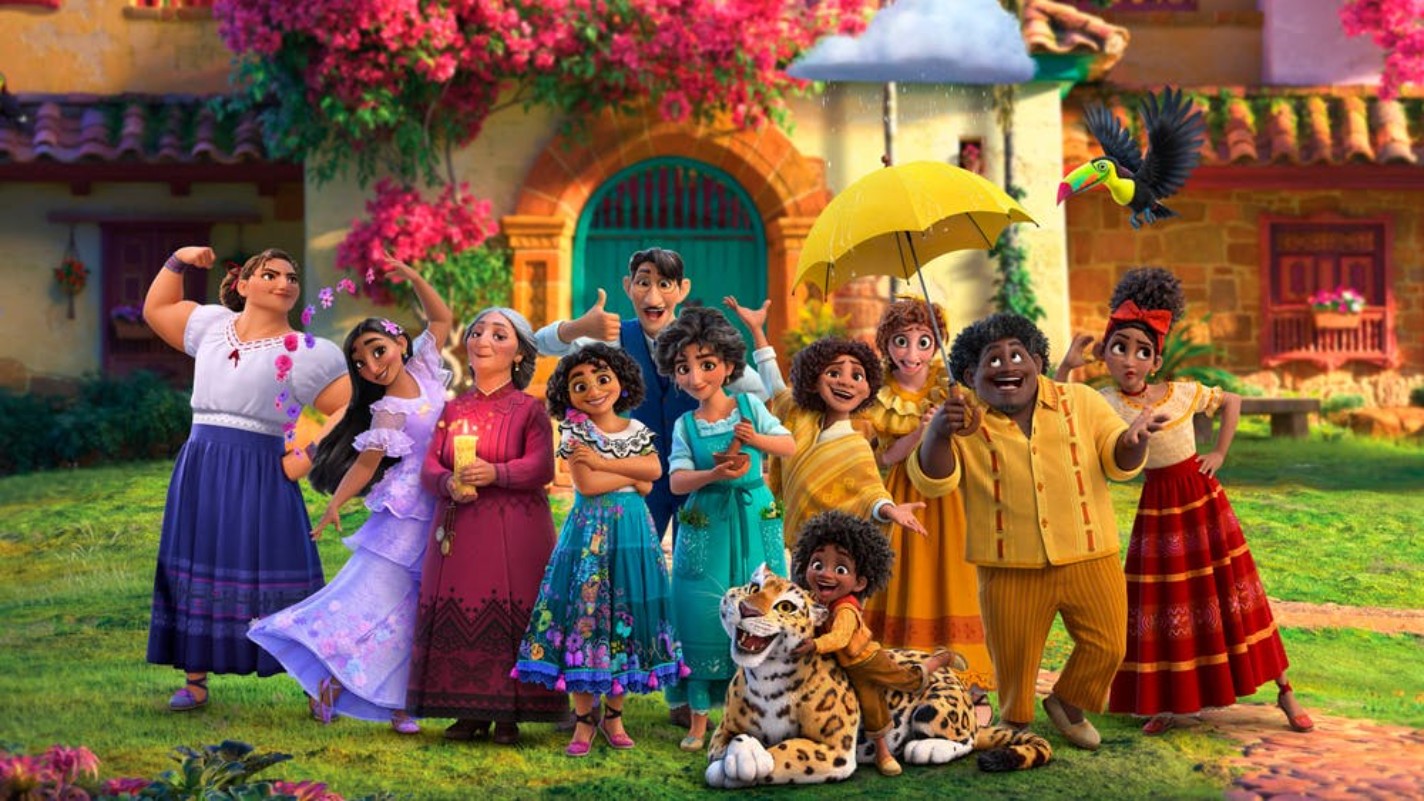Disney’s new animated film, Encanto, marks the studio’s 60th animated feature and delivers a touching tale of family, tradition, and self-discovery. Set in a vibrant Colombian village, the story revolves around the Madrigal family, whose members are gifted with magical powers. While the film’s scale is smaller than recent Disney epics like Frozen II or Raya and the Last Dragon, it makes up for it with emotional depth and charm, making it a perfect holiday film.
The story centers on Mirabel (Stephanie Beatriz), the youngest Madrigal child, who uniquely lacks a magical gift. When her youngest cousin, Antonio, receives his gift, Mirabel discovers that the miracle sustaining her family and their town is weakening and she fears she may be to blame. As with many Disney films, Encanto resolves on a happy note, but the journey is rich with themes of self-worth and family dynamics.
Mirabel Faces Family Pressure As Magical House Crumbles, Revealing Hidden Emotional Strains
Mirabel navigates the pressures of living up to her family’s extraordinary abilities, especially under the watchful eye of her grandmother, Abuella Alma (María Cecilia Botero, singing voice by Olga Merediz). The weakening miracle manifests physically in the Madrigal home, which begins to crumble as family tensions rise. Despite Mirabel’s efforts, the house falls into ruins, though her family escapes unharmed, symbolizing the cracks in their familial bonds.

The Madrigal family’s magic was born from Alma’s past trauma, as she fled violence and founded the village. Over time, the family has used their gifts to serve the town, maintaining an image of perfection. However, this facade masks stress and suppressed emotions, revealing that the magical blessings come at the cost of personal well-being.
Family Gifts Hide Burdens, Confrontation Reveals Truth, Leading to Healing and Renewal
Characters like Mirabel’s sister, Luisa, exemplify the burdens beneath the family’s gifts. Luisa’s immense strength is admired by the village, but it hides her anxiety and relentless pressure to meet expectations. The family’s magical abilities are meant to serve the village without pause, highlighting how the gift of power can be intertwined with personal sacrifice and mental strain.
The family home’s destruction mirrors the internal fracture of the Madrigals. Mirabel’s confrontation with Alma exposes the pressures and emotional restrictions imposed by her grandmother, allowing family members like Isabela to reveal their true selves for the first time. Mirabel’s lack of a gift gives her the freedom to confront these truths, ultimately dismantling the illusions that have constrained her family.
The film concludes with Mirabel and Alma reconciling at the site where the original miracle occurred. Returning home, the Madrigals find the villagers helping rebuild their house, symbolizing mutual support and renewal. The family emerges stronger, with restored bonds and gifts that reflect unity rather than obligation. Encanto delivers the enduring message that the true blessing lies in family itself, made meaningful by vulnerability, understanding, and togetherness.



